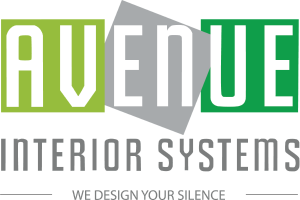Understanding the decibel levels of some common sounds
Have you ever wondered about different sounds – why some leave your ears ringing, while others make the floor shake?
Sound is measured in decibels. Less than 60 dB is quiet; like a suburban street at night, or a whispered conversation. Sound at this level will not, in most cases, damage your hearing.
At 60-70 dB, you can hold a normal conversation without elevating your voice. Most offices operate at this level. This sound range won’t damage your hearing – but it may distract you from your tasks.
At this noise level, damage can occur if exposure exceeds the recommended limits.
To hold a conversation over 71-80 dB, you will need to raise your voice. Think about talking to someone as they vacuum – you must speak above normal conversational levels for them to hear you.
Have you ever walked inside after a stroll through a major city with your ears ringing? The ringing is because the sound emitted by vehicles, people and road works add up to greater than 80 dB! Too much exposure to this decibel level will cause hearing damage – and to be honest, holding a conversation at this level is near impossible. If you must have a conversation, be prepared to yell!
At 125 dB and above you will feel pain, and hearing damage will occur after a few seconds. A jet engine at 50m is around this decibel level. Not that you will be on the tarmac during this time; but it gives you an idea of the level where damage can occur.
The difference between sound and noise
Sound is always around us, but we often don’t focus on it until it becomes noise: unwanted sound. Each person’s tolerance for when sound becomes noise is slightly different. However, the results are nearly always the same:
- Irritation
- Mistakes occur
- Loss of productivity, and
- Hearing loss.
Rigorous testing of household appliances ensures that the sound they emit does not exceed a level that can damage hearing, and is at a comfortable background level so as to not detract from conversations. Imagine being in your home yelling at your family as a normal conversation – you would be in a constant state of exhaustion!
Maintaining healthy hearing is simple:
- Avoid extended exposure between 71-80 dB
- Use hearing protection when you believe the exposure will be >80 dB for longer than 8 hours
- Avoid exposure to dB levels >125
If you are concerned about your home’s noise level, contact a provider like Soundspace 3 for a range of options for domestic applications.
Talk to Avenue about soundproofing solutions to preserve your hearing
If you find yourself yelling at work, contact Avenue Interior Systems. We offer many specialist products for offices, pubs and clubs, schools, hospitals, and churches.
For more information on any noise control products, call the Avenue team on 1300 827 177



